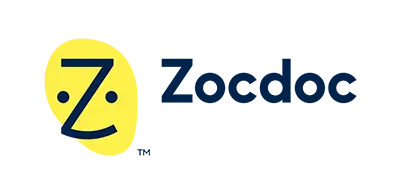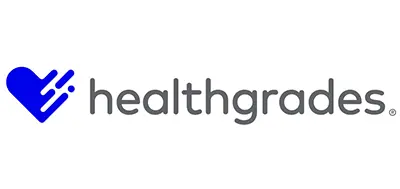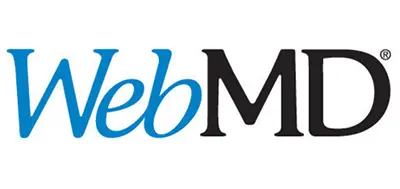Headache
Get In Touch
Call Now
Monday to Friday
9:00 AM To 6:00 PM
Saturday and Sunday
Closed
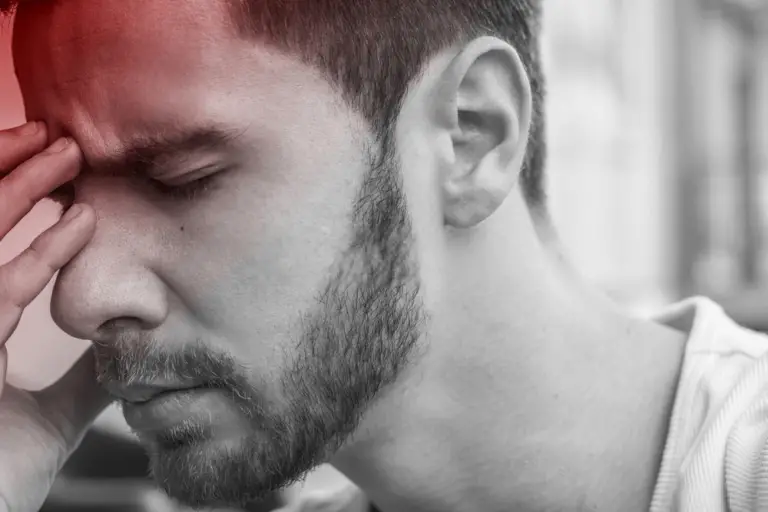
An estimated 44 million people in the United States suffer from chronic headaches, out of which 27 million suffer from migraines. Apart from migraine, other serious headaches such as sinus headache and tension headache can be quite painful and reduce the patient’s quality of life. Typical symptoms of migraine include a pounding pain in the head, vomiting, nausea and sensitivity to light. Treatments for migraine and other types of headaches include several painkillers, anti-nausea medications and other drugs.
Types of Headaches
Some of the most common types of headaches include the following:
Migraine: The real causes of migraine remain unknown, but some researchers believe that some types of triggers lead to abnormal brain activity and changes in brain’s blood vessels, which causes migraines. Migraine pain may range from moderate to severe, and is often associated with throbbing or pounding pain. An average patient may suffer from migraine attacks three to four times in a month.
Tension Headache: This is the most common type of headache among both adolescents and adults. It is also known as a chronic non-progressive headache or chronic daily headache. Muscular contraction in the head causes this headache, which leads to mild to moderate pain that comes and goes intermittently over a prolonged period of time.
Sinus Headache: This headache is marked by a constant, deep pain in the forehead, cheekbones or bridge of the nose. The pain generally becomes intense with straining of the head or intense head movement. It typically occurs along with other sinus symptoms such as facial swelling, feeling of fullness in the ears and nasal discharge.
Cluster Headache: This is one of the most severe types of headaches that has a piercing or burning quality, and is constant or throbbing. It is lesser common than other types of headaches, but occurs occasionally. It may last for anywhere between one and three months at one time, and sometimes goes into remission for years, only to recur.
Treatment
The type, cause and frequency of the headache will determine the nature of treatment that may be administered. Treatment may involve medications, stress management, biofeedback, and counseling. A close relationship between the doctor and the patient is essential to the success of the treatment program. The patient should keep the scheduled follow-up appointments so that the doctor can maintain a check on progress and introduces changes in the treatment program as necessary.
What Patients Say
Our Testimonials
Why patients trust Dr. Farah with their health

Came in with a headache and started to feel sick. Had a big trip for New Years, therefore I had to solve my problems quickly. Dr. Farah helped me right away and treated all my problems, he saved my weekend. Will come here again soon.
Melanie Warner

I was in a lot of pain and I walked in and the receptionist was so lovely. I was into see the doctor within five minutes and he listened to me and was wonderful. I’ve been to a few urgent cares and this one by far is the best !
Tiffany Lee-Frank

I absolutely love Dr Farah and his whole staff on the medical and the spa side. I’m not just saying this, Dr Farah has been my doctor over 10 years and I’ve been using his Rejuvenate spa for about 4 years now. I would give them 10 stars if I could!!!
Lori Brooks

Ashley and Anna are friendly and made me feel welcome and at ease. Dr. Farah was very understanding and answered all my stupid questions. They were all very professional and patient with me.
juli ross
Providing Urgent Care for non-life-threatening health complications
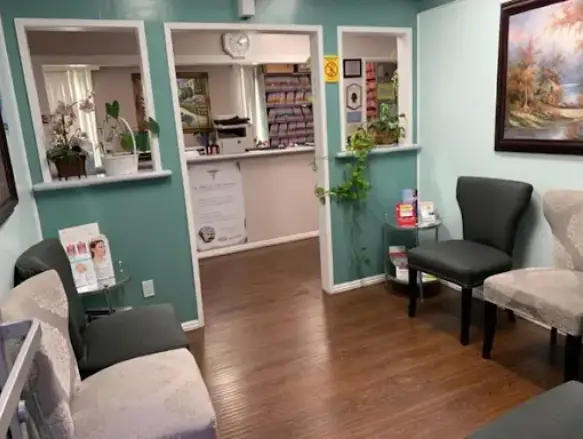
Urgent care services
Monday to Friday
9:00 AM To 6:00 PM
Saturday and Sunday
Closed
17130 Ventura Boulevard,
Encino California 91316


